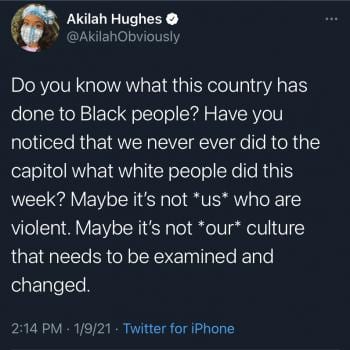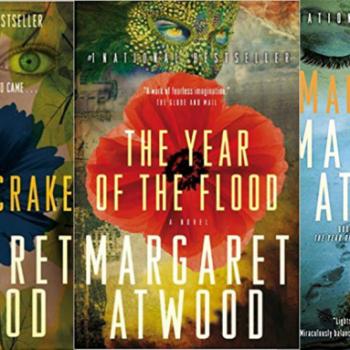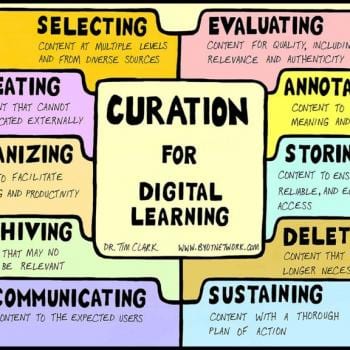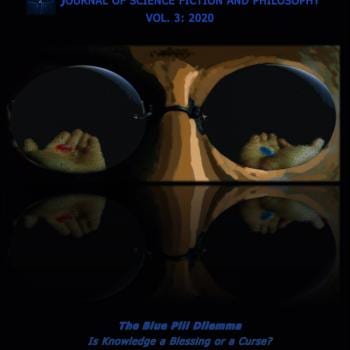Lots of academics, and in particular historians, have been bristling every time someone calls the current pandemic and the crisis surrounding it “unprecedented.” Those who’ve studied history know all too well that this is not the first nor the last such event, nor one that is thus far or is likely to become unique in history in any meaningful way. It is worthwhile reflecting not only on why we view our own suffering as “unprecedented” when it is not, and also how those before us have handled their similar crises.
The New Yorker has an interesting article on “What Our Contagion Fables are Really About.” Here’s a quote from it:
A plague is like a lobotomy. It cuts away the higher realms, the loftiest capacities of humanity, and leaves only the animal.
It includes significant attention to Mary Shelley’s story The Last Man. The Book of Revelation (at the very least its interpretation and application, if not in the context of its composition) is also relevant. As one article in the New York Times says:
The crisis is revealing health care inequalities, class divisions and the fact that the most important workers in American society are among the least paid, said Jorge Juan Rodríguez V, a doctoral candidate in the history of religion at Union Theological Seminary.
“What is being revealed are the fault lines in the system that always existed,” he said. “We are just noticing it now because the system is stressed.”
About 44 percent of likely voters in the United States see the coronavirus pandemic and economic meltdown as either a wake-up call to faith, a sign of God’s coming judgment or both, according to a poll commissioned by the Joshua Fund, an evangelical group run by Joel C. Rosenberg, who writes about the end of the world, and conducted last week by McLaughlin & Associates, pollsters for President Trump and other Republicans.
David Jeremiah, a pastor who has been one of President Trump’s informal evangelical advisers, asked in a sermon recently if the coronavirus was biblical prophecy, and called the pandemic “the most apocalyptic thing that has ever happened to us.”
Among Christians, one of the most well-known apocalyptic narratives is the Book of Revelation in the New Testament, which tells the story of the defeat of an evil beast, a final divine judgment and the coming of a New Jerusalem.
While many biblical scholars read the book as a story about the destruction of corrupt political systems, many evangelical Christians believe it describes the rapture, Jesus’ return to save believers from a period of tribulation.
“Most apocalyptic” is not inherently different from, and not more apt than, “unprecedented.”
Christian Century also has an article on how the pandemic is exposing self-reliance as a myth.
Edgar Allan Poe’s “Masque of the Red Death” and Albert Camus’ The Plague have also been mentioned.
Elsewhere on this topic see:
On bring prepared by a fundamentalist upbringing for the Coronavirus
A poem that is resonating with many even though it was written decades ago.
Clever nickname of the day: “Branch Covidians”
https://friendlyatheist.patheos.com/2020/04/05/some-christians-are-still-going-to-church-citing-protection-by-jesus-blood/
African-American communities are being impacted differently by COVID-19 in Chicago and presumably elsewhere, revealing inequities in our society. Rich and poor are impacted differently, as a Butler colleague of mine talked about recently.
https://thewayofimprovement.com/2020/04/06/historians-doubt-received-wisdom/
The Stand and the politics of Jesus
The Decadent Society and pandemic
Pandemic and the limits of the Affordable Care Act














